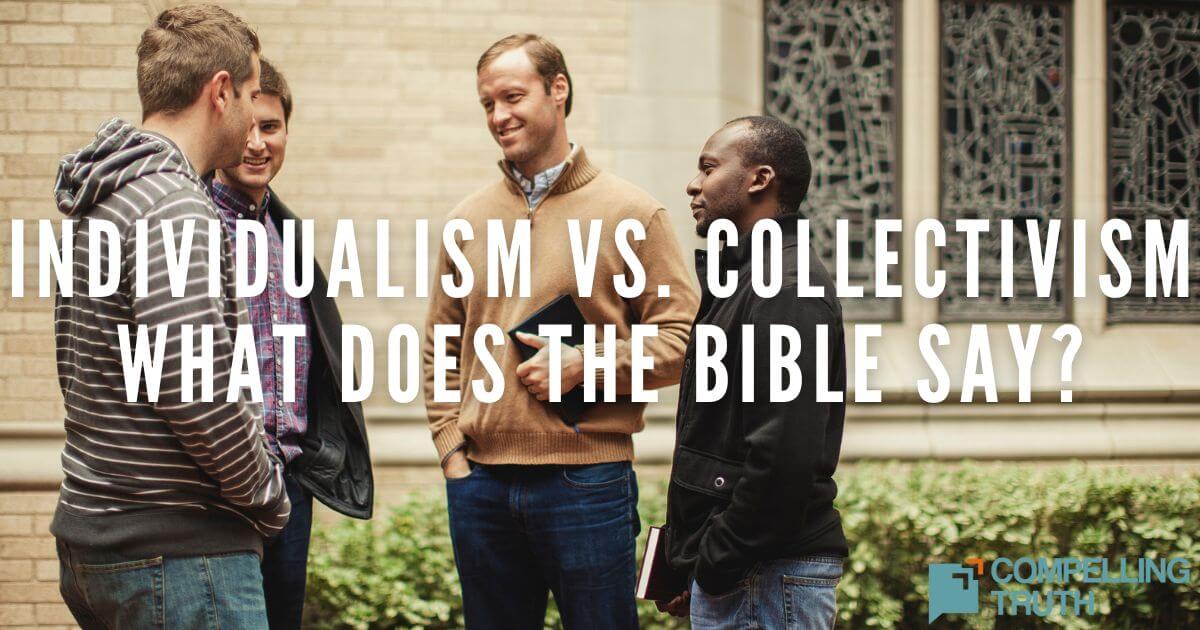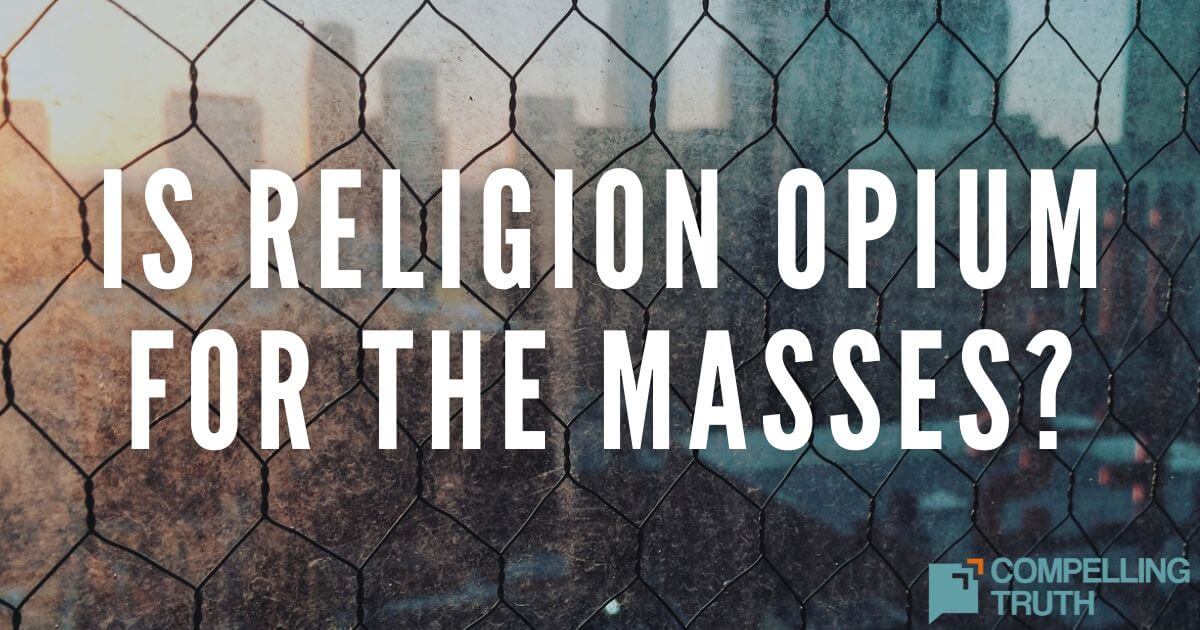Socialism was founded by Karl Marx and centers on collective ownership and wealth redistribution through government control. While Scripture clearly commands care for the poor and needy, it emphasizes voluntary giving and personal responsibility, rather than forced redistribution (2 Corinthians 9:7). The Bible teaches that material solutions cannot address humanity's fundamental problem of sin, which requires salvation through Christ (Ephesians 2:8–10). While Christians should actively care for those in need, this should flow from transformed hearts, rather than government mandate. Scripture promotes both generosity and responsible stewardship, showing that economic systems cannot resolve our deepest spiritual needs.
Biblical principles about work, giving, and human nature should provide the foundation for Christians as they evaluate economic systems like socialism. While we should actively pursue justice and care for the poor, these efforts should stem from transformed hearts, rather than government mandate. The Bible's emphasis on voluntary giving, personal responsibility, and the understanding that true transformation comes through Christ, rather than economic systems, provides guidance for engaging with modern political and economic debates. This can allow for both social responsibility and biblical fidelity to be upheld. While we should work because God created us to be working beings and to alleviate poverty and inequality, lasting change comes through spiritual transformation in Christ, rather than through any particular economic system.




